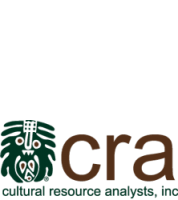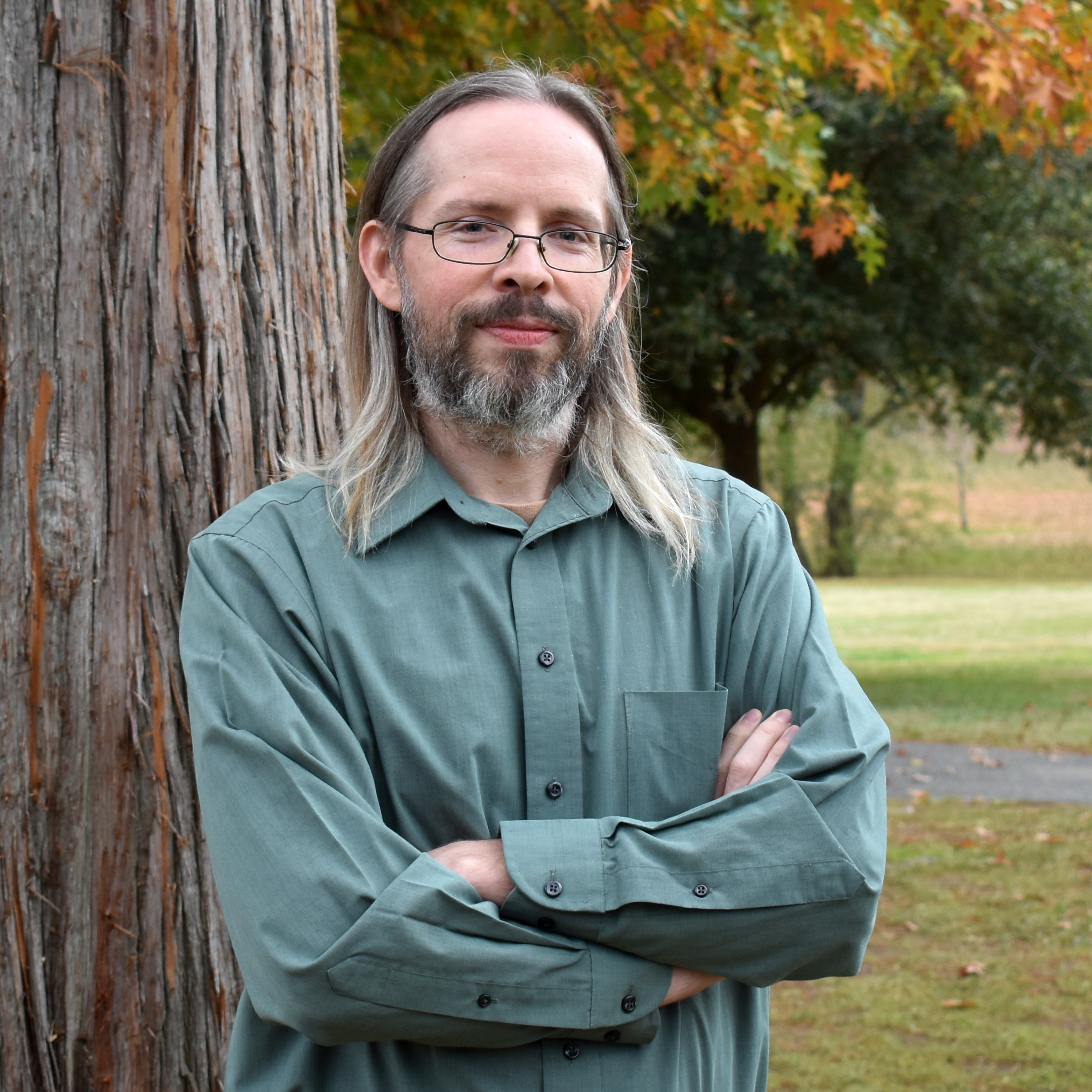Jeremy W. Pye, Ph.D., RPA
Principal Investigator
Bioarchaeology Specialist | Historic Materials Specialist
Geophysical Specialist | Archaeoparasitology Specialist
RPA Registration No. 989943
EDUCATION
University of Oklahoma, B.A. Anthropology
University of Arkansas, M.A. Anthropology
University of Florida, Ph.D. Anthropology
NPS QUALIFICATION(S)
Archaeologist
Jeremy Pye has been involved in archaeological work since 2003 and joined CRA in 2013. He currently serves as a Principal Investigator in the Shreveport, Louisiana office, where he is responsible for proposal and budget development, project management and field supervision, technical writing of project reports, historic artifacts analysis, archaeoparasitological analysis, bioarchaeological and other mortuary analyses, as well as geophysical services. He holds a Ph.D. in Anthropology and has directed, supervised, participated in, consulted on, or processed specialized samples for projects ranging from phase I surveys to large-scale phase III mitigations, historic cemetery assessments/delineations/relocations, and geophysical surveys in many regions of the United States. His primary areas of interest include historic bioarchaeology, archaeoparasitology, and archaeological geophysics. Jeremy has nationally recognized expertise in historic mortuary archaeology with a particular focus on the analysis of mortuary merchandise and burial container construction in the late nineteenth and early twentieth centuries. He has amassed a physical and digital comparative library of approximately 1,000-period trade catalogs, 2,000 patent records, and 300 archaeological cemetery relocation reports, which is unmatched in the field. He has regularly presented papers at state, regional, and national conferences and has authored or co-authored numerous publications, including technical reports, peer-reviewed journal articles, book chapters, book reviews, and academic volumes.
Originally from Weatherford, Oklahoma, Jeremy attended undergraduate studies in anthropology at the University of Oklahoma and took up the mantle of the “uppity” undergraduate who dared to fill one of the graduate assistant positions on the 2004 summer field school at the Bryson-Paddock Site, a contact period Wichita village in northern Oklahoma. That same summer, Jeremy also worked on his first cemetery relocation, a small, late nineteenth-century cemetery in Manhattan, Kansas. Jeremy took the reins on this project, conducting most of the archival research, as well as the artifact and osteological analyses. Subsequent years saw Jeremy moving to Fayetteville, Arkansas, to obtain his master’s in anthropology from the University of Arkansas, where he obtained experience with archaeological geophysical surveying and data interpretation. He continued to pursue his interest in historic mortuary material culture. Following Arkansas, Jeremy moved to the University of Florida to work on his PhD While at UF, Jeremy enjoyed teaching courses on a number of anthropological topics and pursuing research mainly focused on bioarchaeological and archaeoparasitological analyses of health and well-being in historic mortuary samples.
Jeremy’s activities outside of archaeology include hiking, cooking, and spending time with his two kids and wife, Li. Jeremy is an avid gardener and is interested in learning about and trying to grow medicinal and wild edible plants. He is also a collector of many things, including rocks, books, foreign coins, and various types of historical weaponry.




